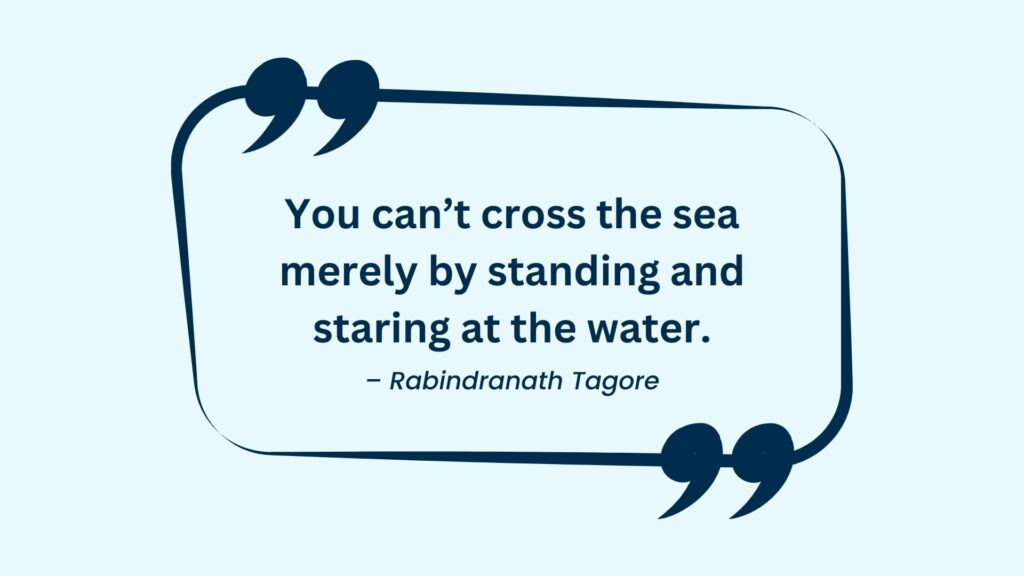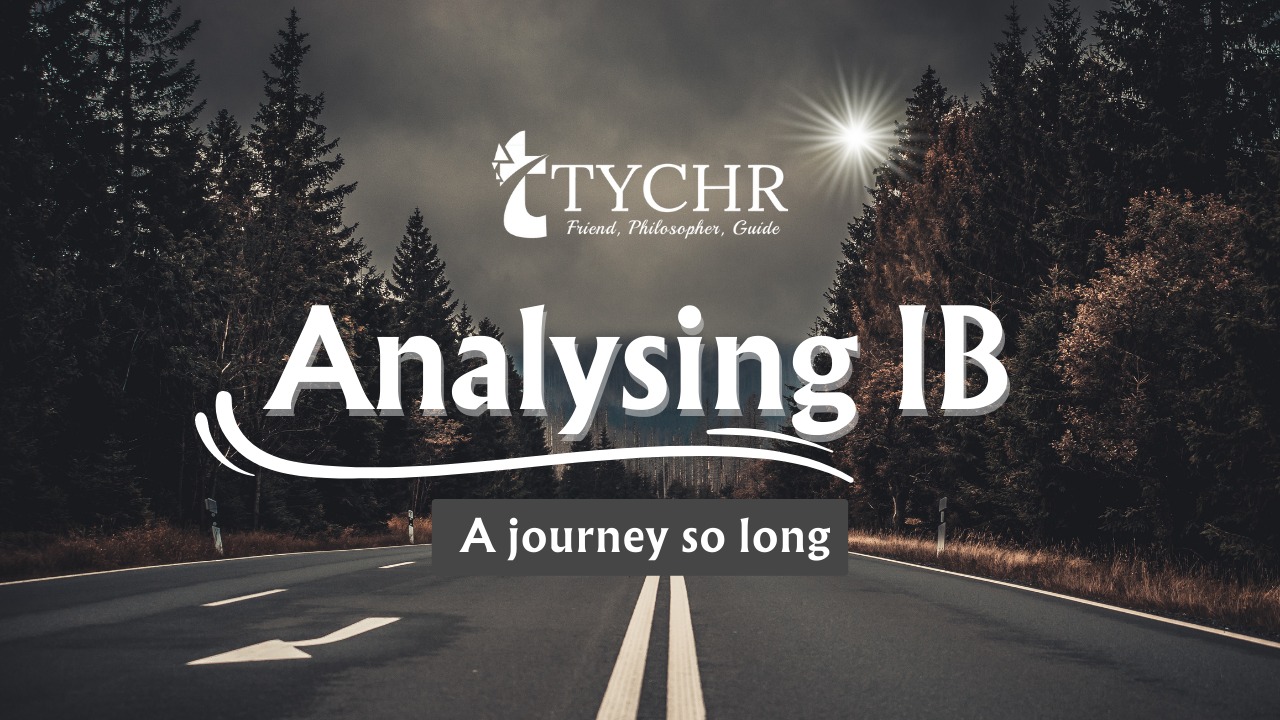Table of Contents
- 1 Analysis of the poem above
- 2 Let’s see what we did here shall we?
- 3 Section A Textual Analysis (20 marks)
- 4 Section B Comparative Analysis (20 marks)
- 5 Some of the questions you need to answer while analyzing a text in the Paper 1 exam include
- 5.1 1. What is the author’s purpose in writing the text?
- 5.2 2. What is the central theme of the text, and how is it developed throughout the text?
- 5.3 3. What literary devices and techniques does the author use to convey meaning?
- 5.4 4. How do the author’s choices in terms of language, structure, and tone contribute to the overall meaning of the text?
- 5.5 5. What is the historical, social, or cultural context of the text, and how does this influence its meaning?
- 5.6 6. How does the text relate to other texts you have studied or to broader literary movements or traditions?
IBDP, a journey so long
That it can make even the strongest feel wrong
With mountains of work, and rivers of stress
It can leave you feeling, like a big hot mess
The Theory of Knowledge, a perplexing puzzle
Where concepts are tangled, and logic is muddled
But don’t worry, it’s all part of the game
Just go with the flow, and don’t forget your name
Extended Essay, a beast to behold
A task that will make you feel, like you’ve been rolled
In research and writing, and late night typing
But once it’s done, you’ll feel like a Viking
Creativity, Activity, and Service, a triple threat
To make you a better person, and to make your grade set
But let’s be honest, it’s just an excuse
To watch some movies, and eat some fast food
IBDP, a journey so rough
Sometimes you just want to say, “Enough!”
But don’t give up, my fellow student
For there’s a light at the end of this labyrinth
The teachers may seem, like they’re on your back
But they’re only trying, to keep you on track
And your classmates, who seem like your foes
Are actually your friends, in the highs and lows
So let’s laugh at the stress, and the all-nighters we pull
And the fact that we’ve forgotten, how to be cool
Let’s also remember, the rewards that we’ll gain
From the hard work and struggle, and the knowledge we’ll retain
IBDP, a journey that’s tough and long
But with a little humour, we’ll make it along
So let’s buckle down, and give it our best shot
For we’ll come out shining, with a diploma we’ve got!
Analysis of the poem above
The poem “IBDP, a Journey so Long” presents an honest and humorous take on the experience of studying in the International Baccalaureate program. Through its use of literary techniques, themes, and language, the poem portrays the challenging aspects of the program in a relatable and entertaining manner.
In terms of language and style, the poem makes effective use of literary techniques such as metaphors and hyperbole to convey its message. The consistent rhyme scheme and meter help to create a sense of playfulness and whimsy that is appropriate for the subject matter. The poem makes use of a range of literary techniques, including metaphors, personification, and hyperbole. The most prominent of these is hyperbole, which is used to exaggerate the difficulties of the IB program. For example, the speaker describes the program as a “mountain of work” and a “beast to behold.” These hyperbolic descriptions help to convey the overwhelming nature of the program while also injecting humor into the poem. The poem employs metaphor to describe certain aspects of the program. For instance, the Theory of Knowledge is compared to a “perplexing puzzle” and creativity, activity, and service are described as a “triple threat.” These metaphors help to convey the complexity and multifaceted nature of the program. The poem also makes use of informal language and slang, such as “big hot mess” and “cool,” which helps to create a conversational and relatable tone.
The poem does not have specific characters in the traditional sense, but instead represents the collective experience of students in the IB program. The poem’s tone is humorous and self-deprecating, suggesting that the speaker is likely an IB student themselves.
The poem explores the themes of stress, perseverance, and the camaraderie that emerges among students in the face of challenging coursework. It portrays the experience of studying in the IB program as a journey, with various milestones and obstacles to overcome. The poem’s plot is not necessarily linear, but rather follows the experiences of an IB student as they grapple with the challenges of the program. The poem explores these challenges through its portrayal of the Theory of Knowledge, the Extended Essay, and Creativity, Activity, and Service.
Each stanza of the poem offers a humorous take on these challenges, such as the “maze of thought” in the Theory of Knowledge or the “beast to behold” in the Extended Essay. Another example is the line “It can leave you feeling like a big hot mess” is a humorous exaggeration of the stress and overwhelm that students may feel. Similarly, the line “But let’s be honest, it’s just an excuse/ To watch some movies, and eat some fast food” pokes fun at the idea of Creativity, Activity, and Service as a way to “pad” one’s grades. By presenting these challenges in a humorous way, the poem aims to make the IBDP experience more relatable and manageable for students.
Overall, the poem presents a relatable and humorous take on the challenges of the IBDP, while also acknowledging the rewards that can come from hard work and dedication. The use of humor and literary techniques helps to engage the reader and create a memorable and enjoyable reading experience.
Let’s see what we did here shall we?
The poem above was analyzed like you would in an English Paper 1. If you’re unsure about what an English Paper 1 is, this is it
The English Language and Literature Paper 1 exam in the International Baccalaureate Diploma Program (IBDP) assesses students’ ability to analyze and respond to unseen texts. The exam is divided into two sections, each of which assesses different skills.
Section A Textual Analysis (20 marks)
In this section, students are required to analyze an unseen literary text and respond to a prompt related to the text. The prompt may ask students to analyze literary techniques used in the text, identify the author’s purpose or theme, or explore the text’s historical or cultural context. Students are expected to demonstrate their understanding of literary devices and techniques, as well as their ability to analyze the text in depth.
Section B Comparative Analysis (20 marks)
In this section, students are required to compare and contrast two texts, responding to a prompt that asks them to explore similarities and differences in the texts. Students must demonstrate their ability to analyze and compare literary techniques and devices, as well as their understanding of the themes and contexts of the texts.
The exam is typically two hours long and is worth 40% of the final grade in English Language and Literature. To prepare for the exam, students should practice analyzing literary texts, comparing and contrasting texts, and developing their essay-writing skills.

Some of the questions you need to answer while analyzing a text in the Paper 1 exam include
1. What is the author’s purpose in writing the text?
This question asks you to consider the author’s motivations for writing the text. What is the author trying to accomplish through the text? Are they trying to convey a specific message or idea? Are they trying to entertain or persuade their audience? Understanding the author’s purpose can help you analyze the text more effectively and identify the techniques and devices the author uses to achieve their goals.
2. What is the central theme of the text, and how is it developed throughout the text?
This question asks you to identify the main idea or message of the text. What is the author trying to say? How is this theme developed throughout the text? Look for patterns or recurring motifs that help develop the theme, as well as any shifts or changes in the text that may relate to the theme.
3. What literary devices and techniques does the author use to convey meaning?
This question asks you to identify the literary techniques and devices used by the author to convey meaning. This might include things like imagery, symbolism, metaphor, simile, allusion, or irony, among others. Pay attention to how these devices are used and what effect they have on the meaning of the text.
4. How do the author’s choices in terms of language, structure, and tone contribute to the overall meaning of the text?
This question asks you to consider the author’s choices in terms of language, structure, and tone, and how these choices contribute to the overall meaning of the text. For example, how does the author’s use of figurative language contribute to the meaning of the text? How does the structure of the text influence its meaning? How does the author’s tone convey meaning?
5. What is the historical, social, or cultural context of the text, and how does this influence its meaning?
This question asks you to consider the broader context in which the text was written, including historical, social, and cultural factors that may influence its meaning. For example, how does the text reflect the values or concerns of the time in which it was written? How does it relate to broader cultural or literary movements of the time?
6. How does the text relate to other texts you have studied or to broader literary movements or traditions?
This question asks you to consider how the text relates to other texts you have studied, as well as broader literary movements or traditions. For example, how does the text reflect or challenge the conventions of a particular genre or literary movement? How does it relate to other works by the same author or by other authors from the same time period or literary tradition?
When writing your analysis, it is essential to have a clear thesis statement that addresses the key points you want to make about the text. Your essay should be well-structured, with a clear introduction, body paragraphs that develop your arguments, and a conclusion that ties everything together.
Overall, to score a 7 on an English Language and Literature IBDP Paper 1, you need to demonstrate a deep understanding of the text, as well as an ability to analyze and evaluate the author’s choices in creating the text. Your analysis should be well-structured and supported by specific examples from the text, and should draw connections between the text and its broader context.








